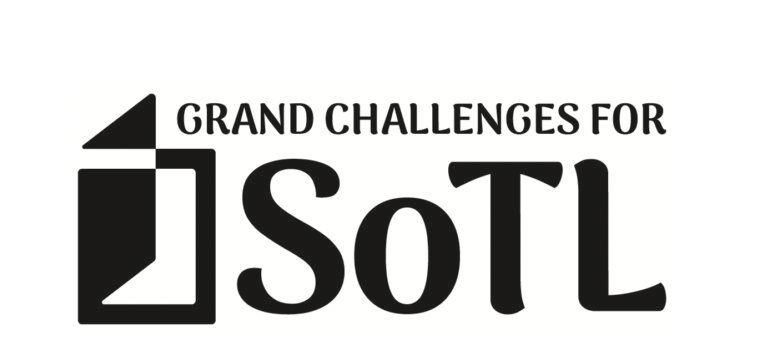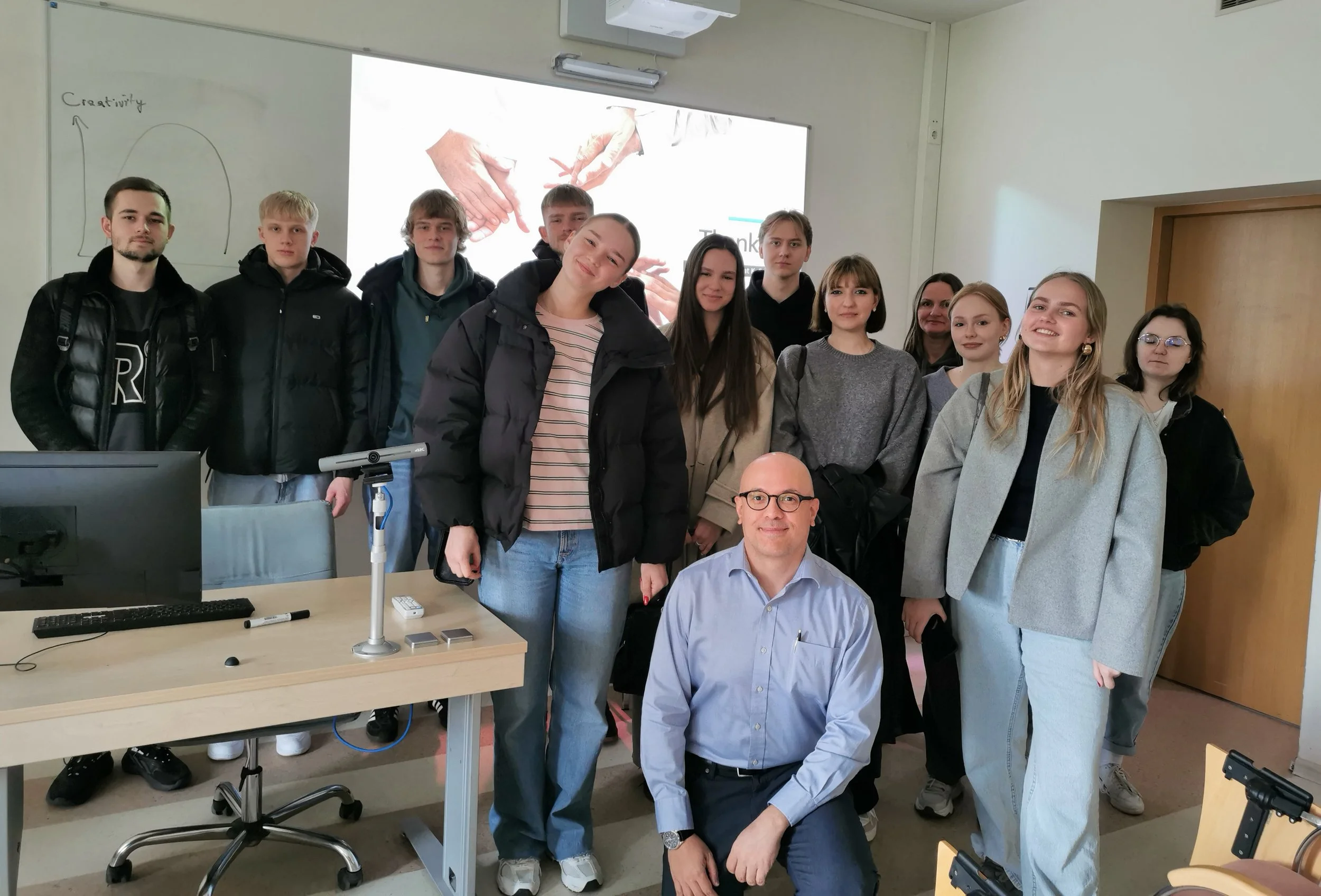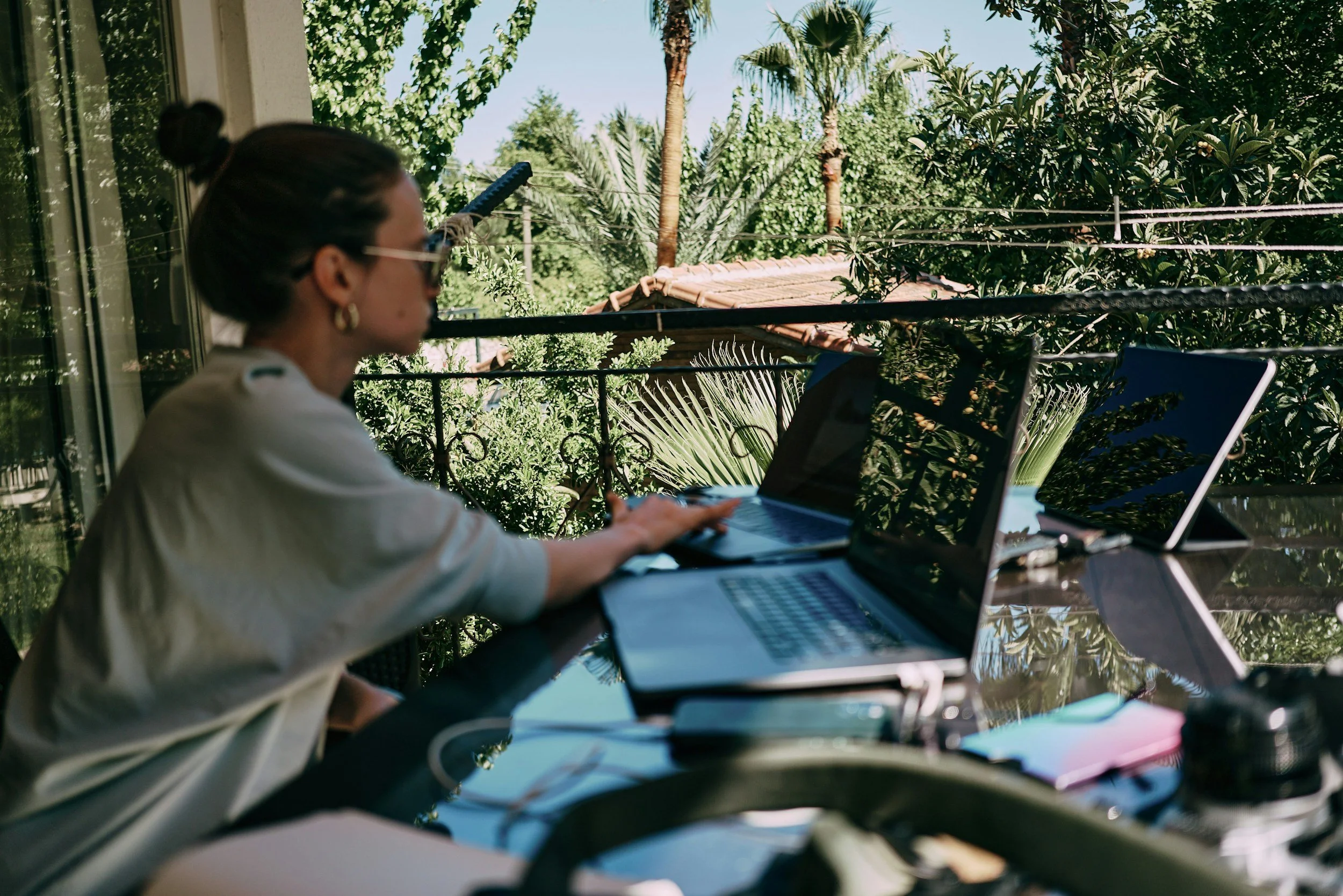““Universities cannot be viewed as a sanctuary for comfort
but rather as a crucible for confronting ideas...””
As a scholarly community entrusted with fostering excellence in teaching and learning at Saint Mary’s University, the work done by members of The Studio lies at the heart of our institutional vision and mission. We are “third space professionals” operating in what Simmons et al (2013) describe as “a troublesome but deeply reflective liminal space,” and our campus environment is a rich catalyst for “profound realizations and the reconstruction of academic identity” (p.9).
However (as Robert Zimmer reminds us above), students, staff, and faculty with busy and complicated lives can all too easily fall into the habit of seeking “sanctuary for comfort”. It takes great effort (and bravery) to confront ideas—especially those which are widely held and deeply seated. But what happens when we stop questioning and challenging—or even discussing—these “truths”? A prevailing orthodoxy takes hold. Diversity of thought—the foundation of healthy universities (and societies)—becomes seen as “problematic”.
Troublesome and Deeply Reflective
Recent discussions in The Studio have made it clear that many of our colleagues would welcome opportunities to engage with challenging ideas in the spirit of what Heterodox Academy calls “open inquiry, viewpoint diversity, and constructive disagreement, [the] cornerstones of academic and intellectual life.” What we propose is a monthly (in-person) discussion group where we can put these ideals in practice to discuss ideas germane to our work and scholarship.
The Heterodox Way
We propose to be guided by a set of norms called the “The Heterodox Academy Way”, edited and adapted below:
-
Be prepared to cite evidence. Any specific statistics, quotes, or novel facts should have ready citations from credible sources.
-
Viewpoint diversity is not incompatible with moral or intellectual rigor — in fact it actually enhances moral and intellectual agility. However, one should always try to engage with the strongest form of a position one disagrees with (that is, "steel-man" opponents rather than "straw-manning" them). One should be able to describe their interlocutor’s position in a manner they would, themselves, agree with. Try to acknowledge, when possible, the ways in which the actor or idea you are criticizing may be right — be it in part or in full. Look for reasons why the beliefs others hold may be compelling, under the assumption that others are roughly as reasonable, informed, and intelligent as oneself.
-
Take seriously the prospect that you may be wrong. Be genuinely open to changing your mind about an issue if this is what is expected of interlocutors (although the purpose of exchanges across difference need not always be to "convert" someone, as explained here). Acknowledge the limitations to one’s own arguments and data as relevant.
-
The objective of most intellectual exchanges should not be to “win,” but rather to have all parties come away from an encounter with a deeper understanding of our social, aesthetic, and natural worlds. Try to imagine ways of integrating strong parts of an interlocutor’s positions into one’s own. Don’t just criticize, consider viable positive alternatives. Try to work out new possibilities, or practical steps that could be taken to address the problems under consideration. The corollary to this guidance is to avoid sarcasm, contempt, hostility, and snark. Generally target ideas rather than people. Do not attribute negative motives to people you disagree with as an attempt at dismissing or discrediting their views. Avoid hyperbole when describing perceived problems or (especially) one’s adversaries — for instance, do not analogize people to Stalin, Hitler/ the Nazis, Mao, the antagonists of 1984, etc.
-
Successfully changing unfortunate dynamics in any complex system or institution will require people to stand up — to leverage, and indeed stake, their social capital on holding the line, pushing back against adverse trends and leading by example. This not only has an immediate and local impact, it also helps spread awareness, provides models for others to follow and creates permission for others to stand up as well.
Join Us!
If you’d like to be part of this group, sign up below. We’ll be in touch soon with details on our next meeting.































